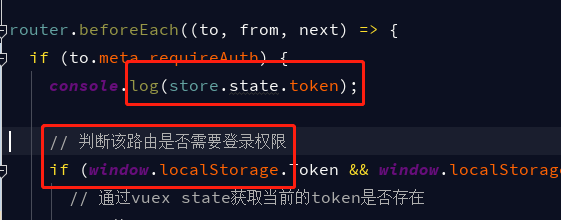I am trying to pass request headers in an AJAX GET using jQuery. In the following block, \"data\" automatically passes the values in the querystring. Is there a way to pass that data in the request header instead ?
$.ajax({
url: \"http://localhost/PlatformPortal/Buyers/Account/SignIn\",
data: { signature: authHeader },
type: \"GET\",
success: function() { alert(\'Success!\' + authHeader); }
});
The following didn\'t work either
$.ajax({
url: \"http://localhost/PlatformPortal/Buyers/Account/SignIn\",
beforeSend: { signature: authHeader },
async: false,
type: \"GET\",
success: function() { alert(\'Success!\' + authHeader); }
});


